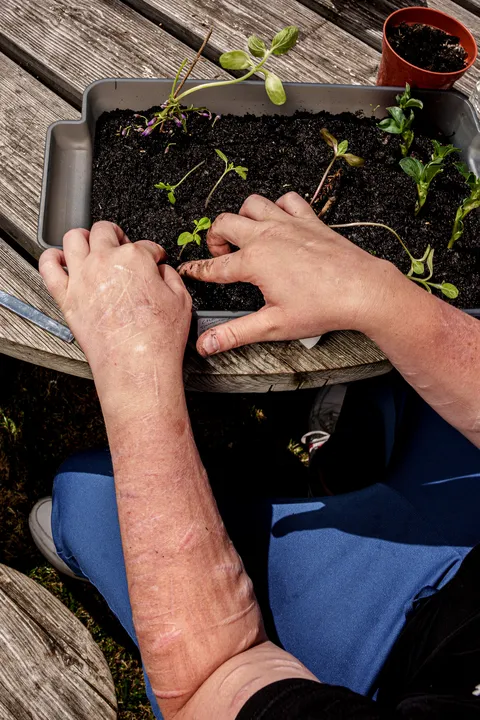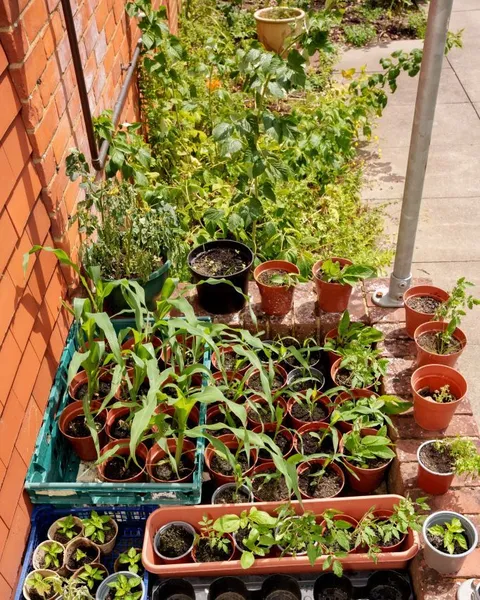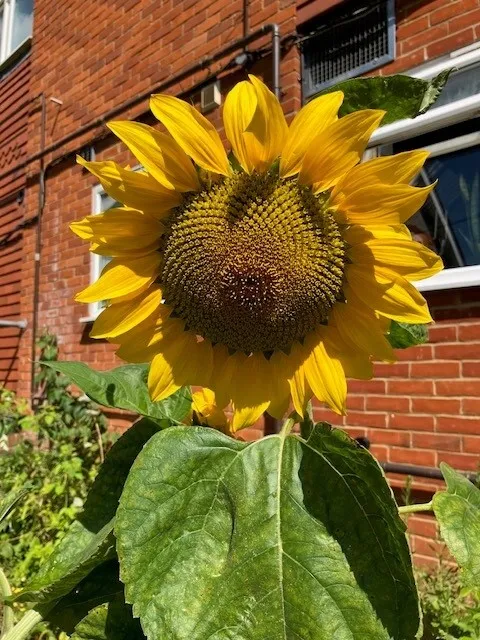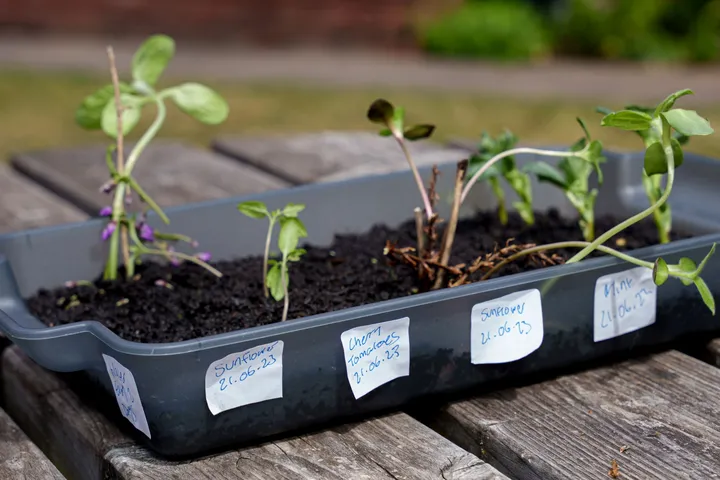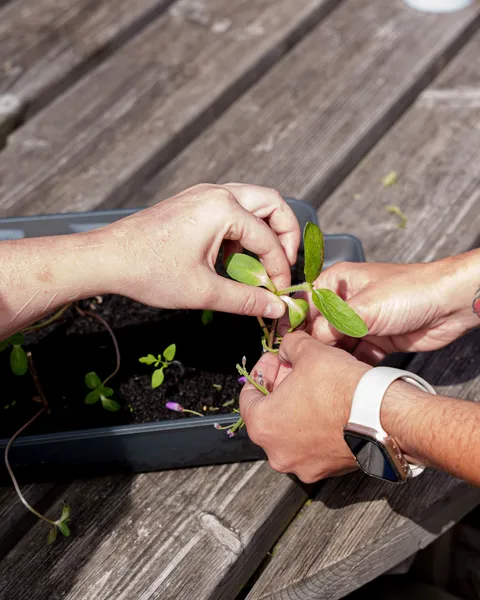Elizabeth Fry Charity
Time to Grow: Elizabeth Fry in Bloom
Since 1845, the Elizabeth Fry Charity has been offering accommodation and support to vulnerable women. Today, the Charity runs Elizabeth Fry House, a twenty-four bed Ministry of Justice Approved Premises for women.
Elizabeth Fry House is a trauma informed environment, where residents can access holistic support from a skilled and experienced staff team. Whilst women come to us because of their own involvement in the criminal justice system, we recognise they have experienced trauma, violence, and abuse from others.
Women who we work with have identified a wide range of support needs including separation from families (73%), relationships (66%), substance misuse (61%), confidence and self esteem (61%), mental health (56%) and finding suitable and stable accommodation (41%).
Elizabeth Fry House offers a balance of support and monitoring to help women transform chaotic situations and address issues that may prevent them from leaving the criminal justice system and leading safe, healthy, independent lives.
The Time to Grow Therapeutic Gardening Project was launched in early 2023. Social and therapeutic horticulture is the process of using plants and gardens to improve physical and mental health. There are clear benefits to gardening which include better physical health through exercise; improved mental health through sense of purpose and achievement and a reduction in stress.
Meaningful, productive activities are important. Gardening is a less intense group activity, providing therapeutic benefits without requiring women to talk about their experiences. The activity also helps to improve the environment for staff and residents, a strategic objective for the Charity.
Time to Grow enables residents to spend time together and connect as a group in a safe, informal environment, spending time with nature in the fresh air. Tending to plants and caring for the grounds is positive, rewarding and contributes to a sense of pride. Women learn and develop skills (socially and in relation to gardening, even growing edibles -applicable when living independently, or for volunteering), and strategies for reducing stress and anxiety.
Sessions include:
- Growing plants: including growing outdoors, indoors, in containers and raised beds. Residents are encouraged to plant and grow food, developing knowledge of how to grow their own food in small places in urban areas.
- Eating healthily on a limited budget: Residents learn how to grow food for and make low-cost nutrient-dense meals.
- Food processing: Residents learn how to save costs through simple processing options, such as pickling and drying for storage.
One resident said how much they enjoy the therapeutic gardening group. They said they find gardening relaxing, and it helps them to “chill.” They are rightly proud of having grown tomatoes, sunflowers, beans, kale, marigolds, and aloe vera. Planting seeds, looking after them and watching them grow has had a positive impact on this resident’s emotional wellbeing and mental health, they have learnt new skills and are better prepared to move on into the community.
For more information please contact info@elizabethfry.co.uk

